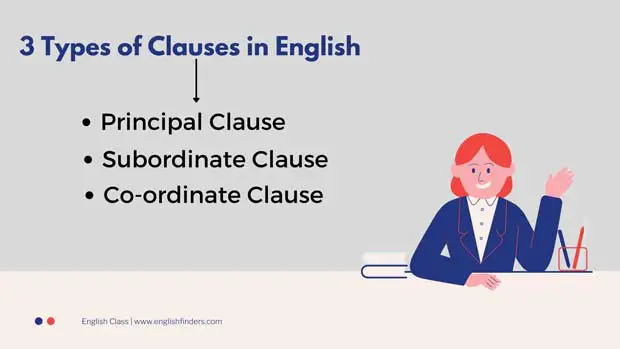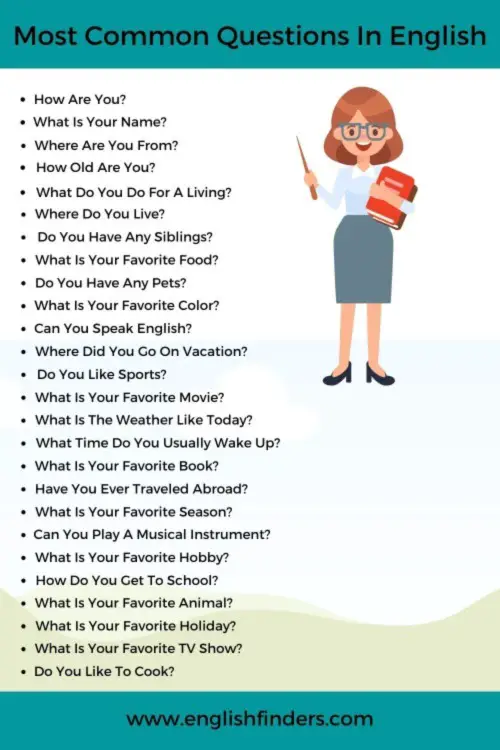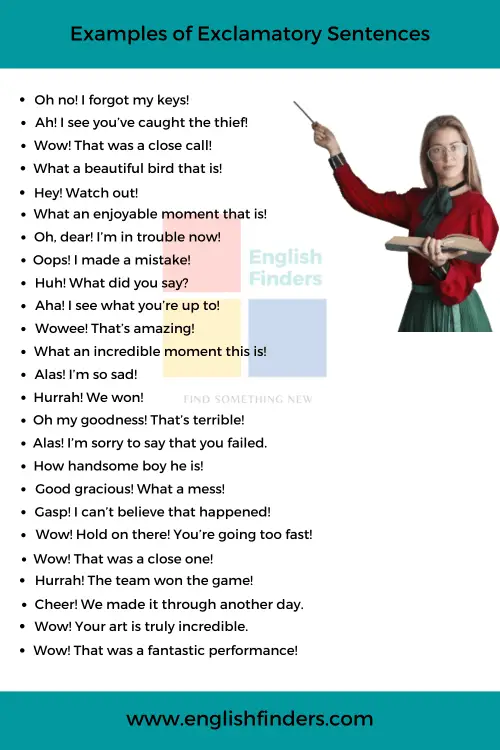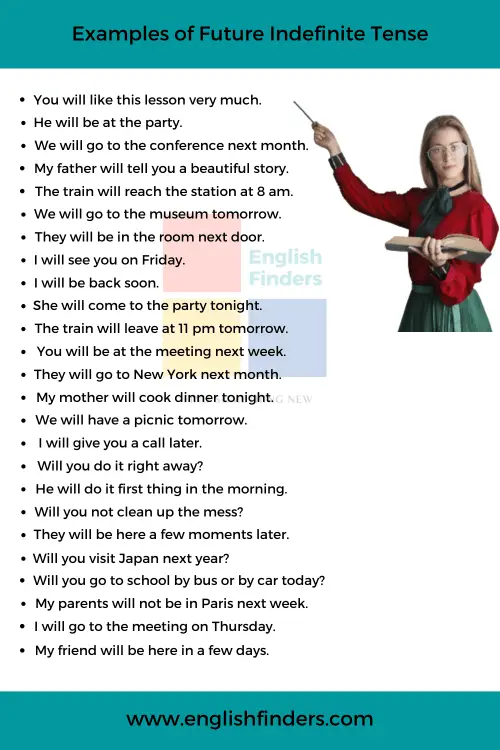Sometimes we become confused about identifying a clause or differentiate between a clause and a phrase. But we can locate a clause quickly by learning its definition and types. We will discuss the three types of clauses in this lesson, including their definitions and examples.
A clause always contains a subject and a finite verb. However, without wasting time, let us know the definition of a clause.
What is a Clause?
Quick Navigation
A clause consists of a subject and a predicate. In other words, we can say a clause is a group of words that contain a subject and a finite verb. We can see some examples to get a clear picture of clauses:
- I had a sweet sister.
- Though she loved me, I forgot her.
- She obeyed her responsibility, but I failed to follow this.
- I was incapable of paying proper tribute to her.
- Now I repent for everything.
Note: All of the above sentences consist of a subject and a finite verb.
Difference Between Clauses and Phrases
It’s effortless to differentiate between a clause and a phrase. We already know a clause combines some words with a subject and a finite verb, e.g., I love playing football. On the other hand, A phrase is a group of words that doesn’t contain a finite verb, e.g., apart from it.
Types of Clauses
Clauses are categorized into three types in English grammar. They are:
- Principal Clauses
- Subordinate Clauses
- Co-ordinate Clauses
1. Principal/Independent Clauses
A principal or independent clause has a separate meaning. Further, it can be used independently without any assistance or stand-alone. Let us see some examples to learn more about it:
- I accept your friend request.
- She ordered a bike from an online shop.
- He sells an apartment.
- Naomi shows her performance.
- Austen knew the true story.
Subordinate/Dependent Clauses
Unlike a principal clause, a subordinate clause doesn’t have any independent meaning. Instead, a subordinate helps the main clause to complete the sentence. Let us see some examples to learn more about it:
- I recognized the person whom I saw yesterday.
- If you act for me, I will provide you with enough assistance.
- When you meet a stranger, you need to respect him.
- He is that person who supports me in my bad time.
- We should follow him when we take any decision.
Subordinate or dependent clauses are divided into three types. They are:
- Noun Clauses
- Adjective Clauses
- Adverbial Clauses
Noun Clauses
A clause that works as a noun is called a noun clause. A noun clause is applied in the same way as a noun in a sentence. Let us see some examples to learn more about it:
- I know who the culprit is.
- When she comes is unpredictable.
- I assumed that he would discover the place.
- Can you tell me when he leaves the place?
- He takes a break whenever he gets an opportunity.
Note: A noun clause can be used as a subject, object, object to a preposition, compliment, and appositive in a sentence.
Adjective/Relative Clauses
An adjective or relative clause is used as an adjective in a sentence to modify a noun or a pronoun. A clause that works as an adjective is called an adjective clause. Let us see some examples to learn more about it:
- The man who arrived here is my father.
- This is the same boy whom you know is responsible for this offense.
- The older man whom you saw last night is my grandfather.
- The car which I drive is made by the Tesla company.
- The shirt that you bought from the new market looks gorgeous.
Adverbial Clauses
A clause that works as an adverb is called an adverbial clause. An adverbial clause is applied as an adverb in a sentence to modify a verb, an adjective, or another adverb.
An adverbial clause expresses time, place, cause, reason, effect or result, extend, manner, comparison, contrast, condition, and purpose. Let us see some examples to learn more about it:
- I will be waiting for you until you come.
- I am ready to go where you live.
- My sister could not attend the meeting because she suffered from a severe fever.
- He is so hungry that he can not walk properly.
- She behaves as if she were the CEO of the company.
Now let us see the different types of linkers of adverbial clauses:
| 1. Adverbial clause of time | When, while, after, before since, till, until, etc. |
| 2. Adverbial clause of place | Where, wherever, etc. |
| 3. Adverbial clause of cause | As, because, since, etc. |
| 4. Adverbial clause of result | that, so….that, etc. |
| 5. Adverbial clause of purpose | So that, in order that, lest, etc. |
| 6. Adverbial clause of comparison | As….as, so….as, such….as, etc. |
| 7. Adverbial clause of condition | If, whether, unless, in case, etc. |
| 8. Adverbial clause of contrast | Though, although, etc. |
| 9. Adverbial clause of extend | As far as, so….as, etc. |
| 10. Adverbial clause of manner | As, as if, etc. |
| 11. Adverbial clause of concession | Whoever, however, whatever, whether, etc. |
Co-ordinate Clauses
A clause that contains two principal clauses by joining conjunction (and, but, or) is called a co-ordinate clause. Let us see some examples to learn more about it:
- I am going to my campus, and I will meet with my friends.
- She was cured of the diseases, but she held some injuries.
- I know the boy, but I cannot remember his name.
- You have to work hard, or you will lose a lot of things.
- Jamal is a doctor by profession, and his son is an engineer.

Azizul Hakim is the founder & CEO of englishfinders.com. He is a passionate writer, English instructor, and content creator. He has completed his graduation and post-graduation in English language and literature.





